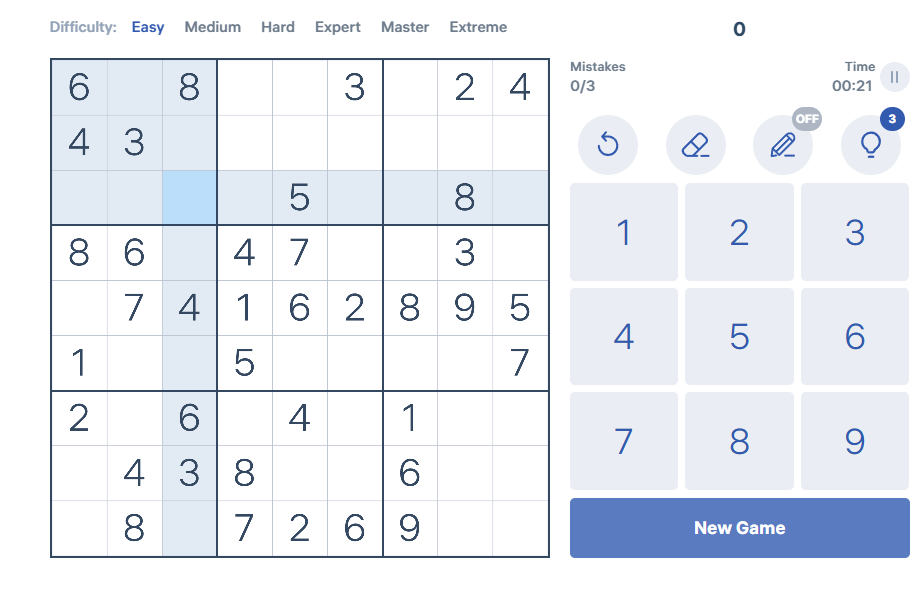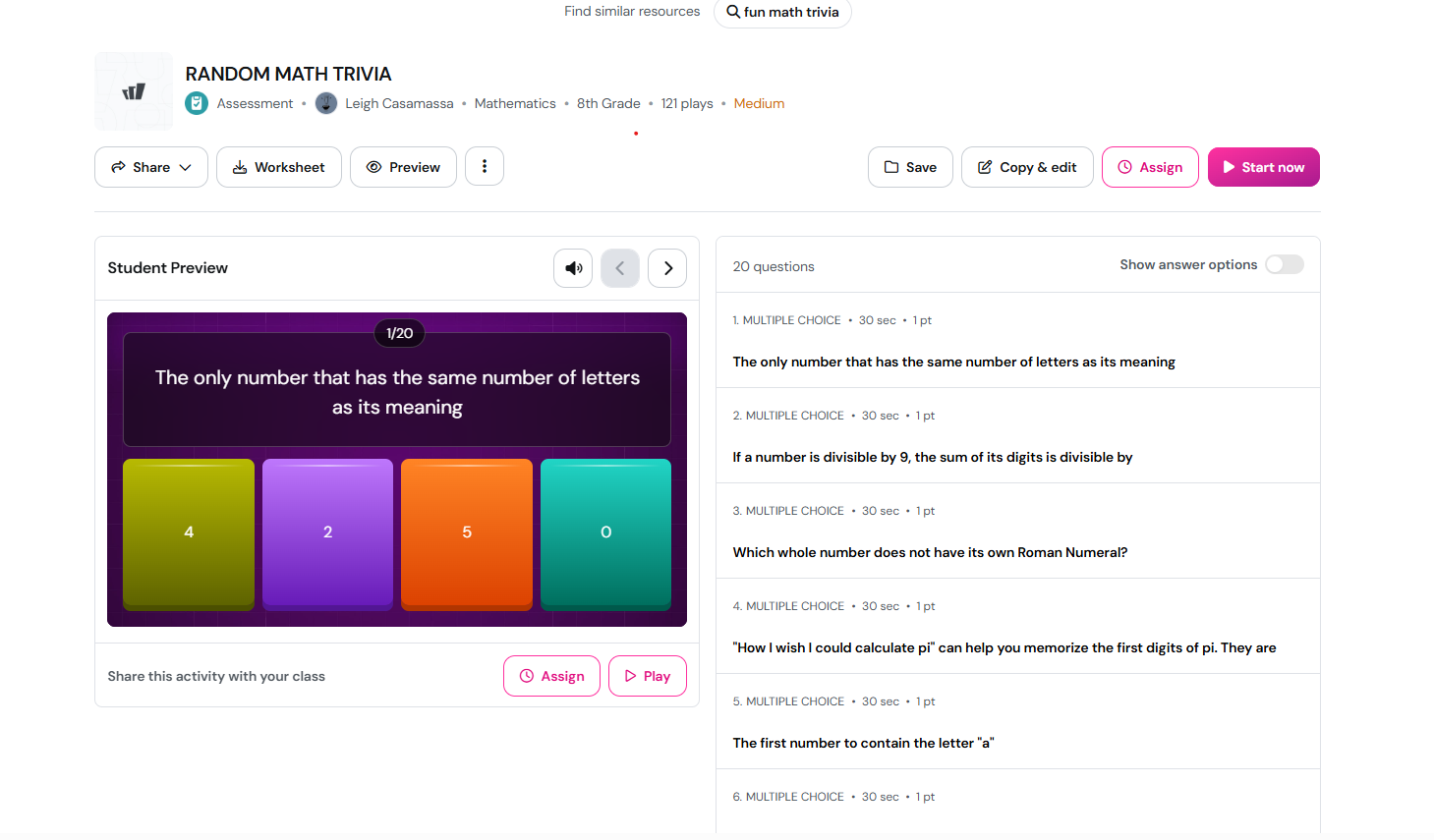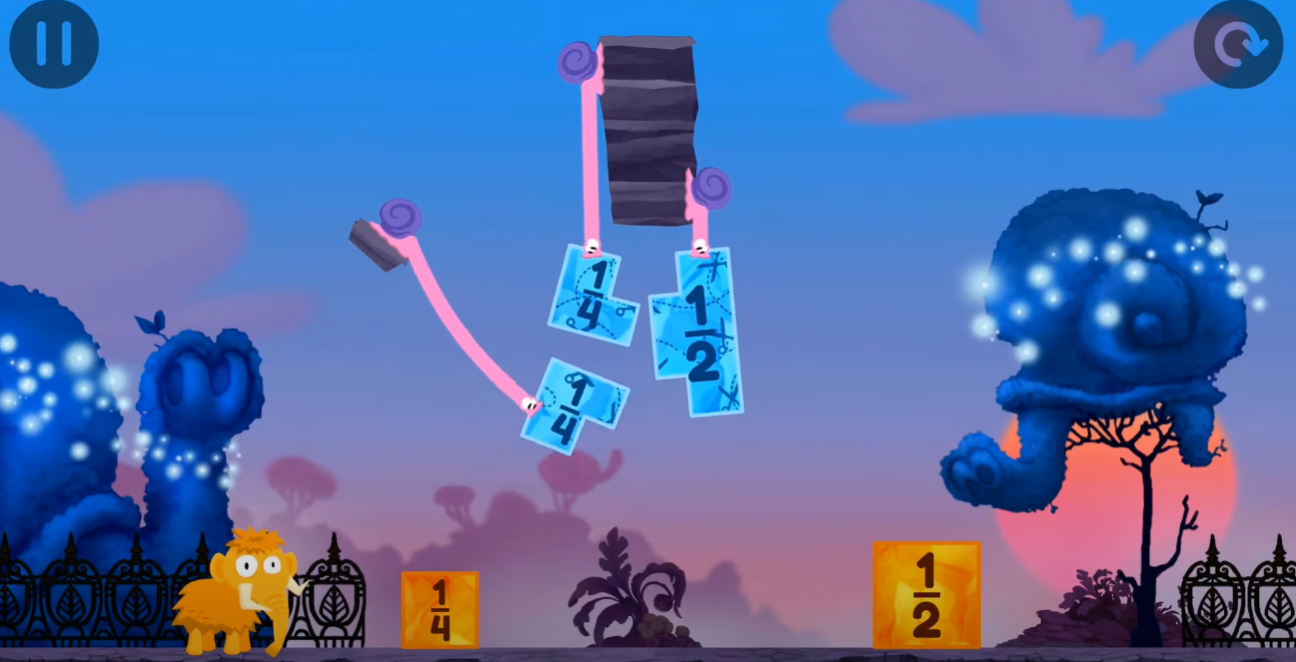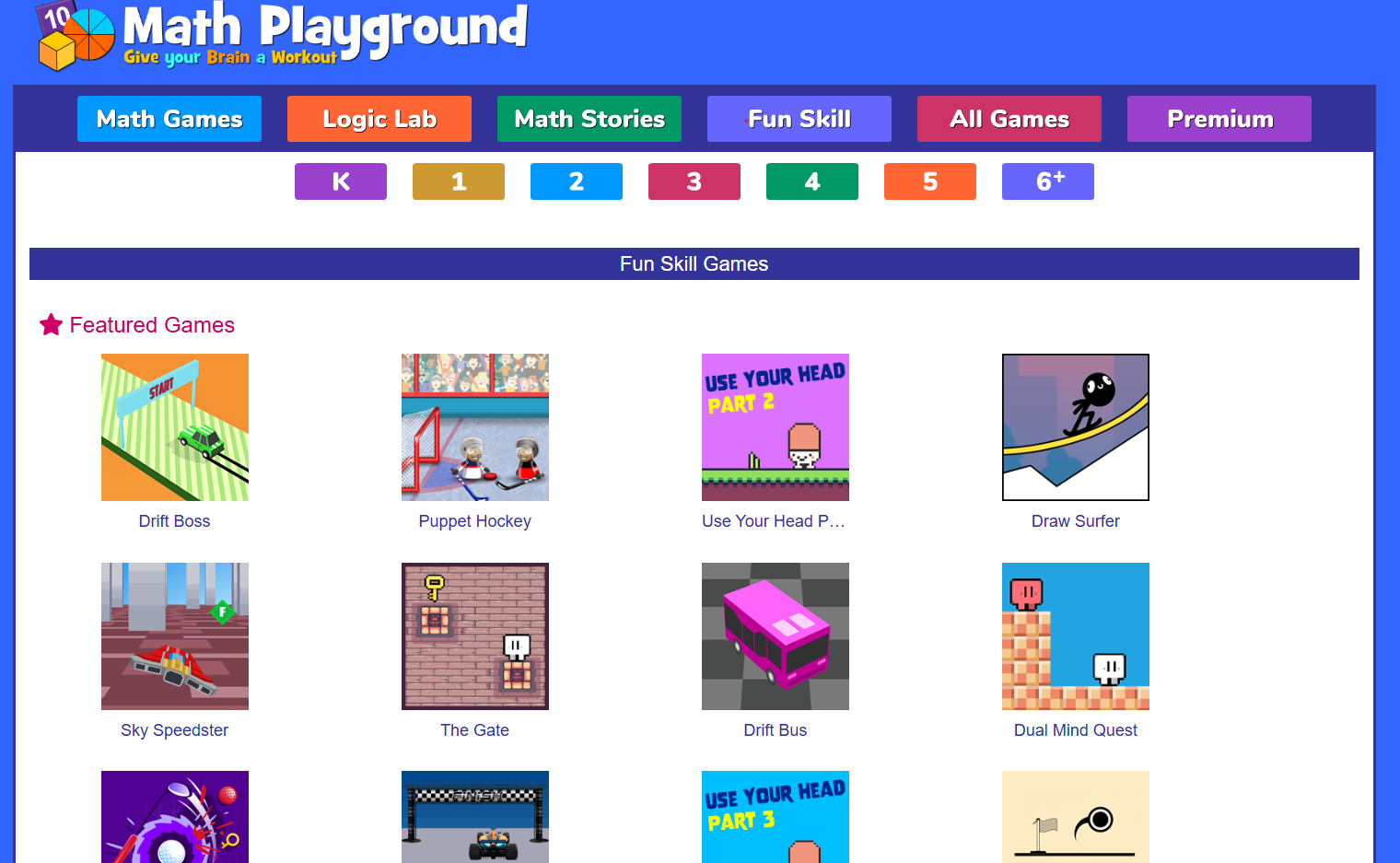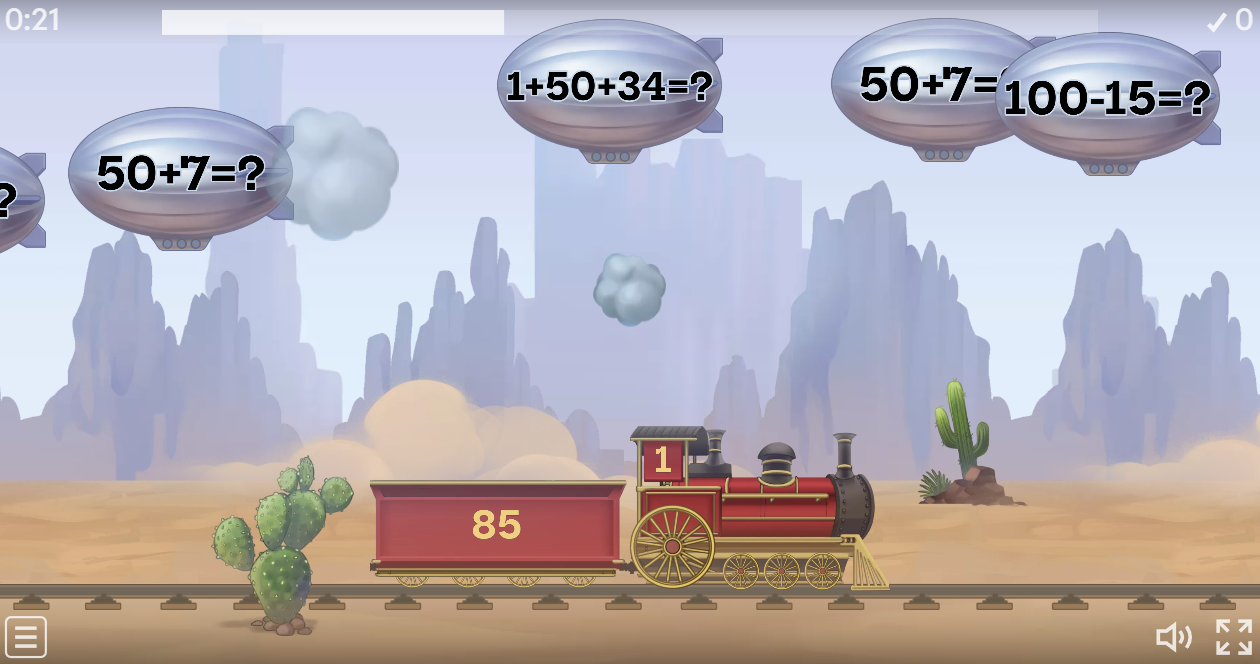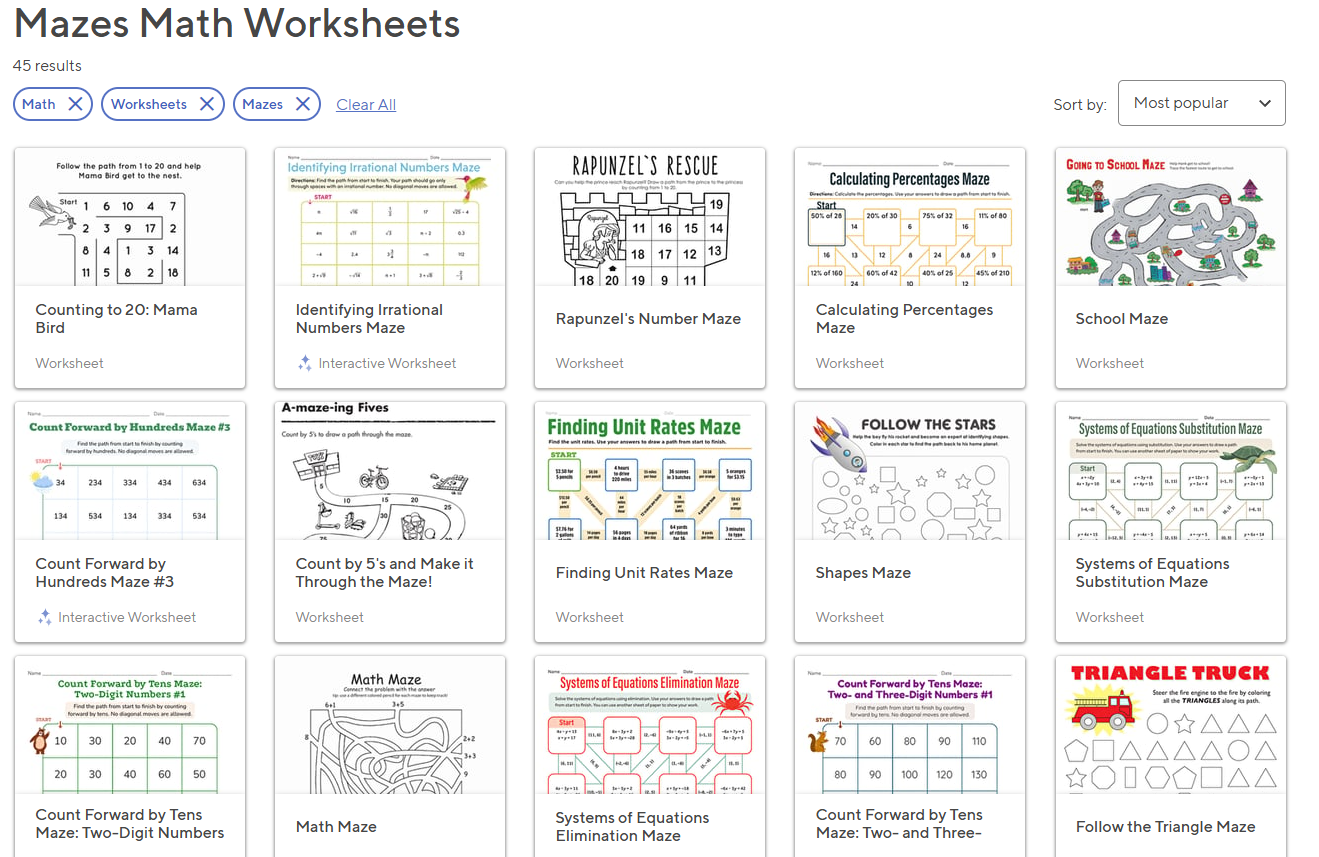Unlock Fun and Learning: Discover the Best Cool Math Games for All Ages!

Photo by Bozhin Karaivanov from Unsplash
Published on August 27, 2025
Introduction
Mathematics often conjures images of tedious calculations and dry formulas, but it doesn't have to be that way! Imagine transforming your attitude toward math into one of excitement and adventure through engaging games that make learning fun. Whether you’re a parent looking for educational resources for your kids or an adult wanting to sharpen your math skills, the world of cool math games is brimming with options suitable for all ages. These innovative games turn numbers into a thrilling challenge, fostering problem-solving skills and critical thinking, all while providing endless enjoyment. Say goodbye to boredom and hello to stimulating fun! Join us as we explore some of the best cool math games that not only entertain but also unlock the secrets to mastering mathematics. Whether you play solo or compete with friends, you’ll find that learning math can be the most enjoyable experience of your day. So, let’s dive in and discover a world where fun and education collide!
The Importance of Math Games in Education
The integration of math games into educational curriculums has become increasingly recognized for its benefits. Traditional methods of teaching mathematics can sometimes fail to engage students, leaving them disinterested or even intimidated by the subject. Math games, however, provide an interactive and enjoyable way to learn mathematical concepts, making the learning process more dynamic and less stressful. By incorporating play into education, students can develop a more positive attitude towards math, which is crucial for their long-term academic success.
Moreover, math games cater to different learning styles, allowing students to grasp concepts at their own pace. Visual learners, for instance, benefit from graphical representations of problems, while kinesthetic learners gain from the hands-on manipulation of objects and numbers. This adaptability ensures that no student is left behind, as each game can be tailored to meet individual needs. Additionally, the competitive nature of games can motivate students to practice more regularly, reinforcing their understanding and proficiency in math.
Beyond just learning math, these games also help in the development of essential life skills. Problem-solving, critical thinking, and logical reasoning are all enhanced through gameplay. These skills are not only vital in academics but are also transferable to real-world situations. Therefore, the importance of incorporating math games in education cannot be overstated. They provide a well-rounded approach to learning that can transform a student’s perception of math from a daunting subject to an enjoyable challenge.
Top Cool Math Games for Kids
For younger children, math games need to be colorful, engaging, and simple enough to understand. One of the most popular games for kids is "Prodigy," an online math game that combines role-playing elements with math problems. Children create their own characters and embark on adventures, solving math problems to progress through the game. Prodigy adapts to the child’s skill level, ensuring that the challenges are always appropriate and stimulating.
"Monkey Math School Sunshine" is perfect for preschoolers and early elementary students. This app uses cute monkey characters to guide children through various math activities. The games cover basic math concepts such as counting, sequencing, and pattern recognition. The vibrant graphics and engaging gameplay make it an ideal choice for young learners who are just beginning their math journey. By making math fun, these games lay a strong foundation for future learning.
Another excellent game for kids is "Math Playground" which offers a variety of games that cover different math topics such as addition, subtraction, multiplication, and division. The games are designed to be fun and interactive, encouraging children to practice their math skills regularly. "Math Playground" also includes puzzles and logic games that help develop critical thinking skills alongside mathematical abilities.
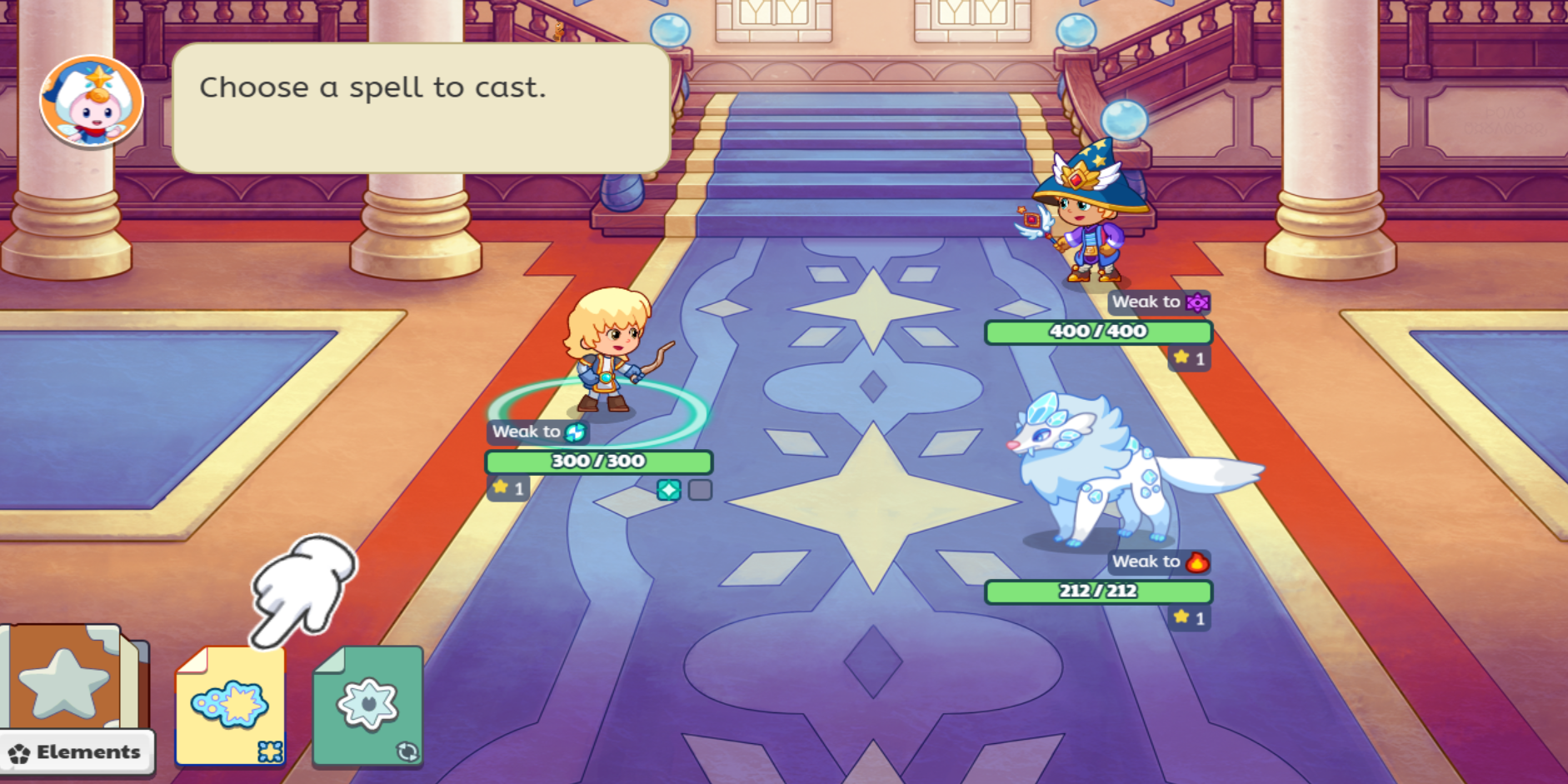
Screenshot of Prodigy
Engaging Math Games for Teens
Teenagers often require more challenging and complex games to capture their interest. "DragonBox Algebra 12+" is an excellent choice for older students who are ready to tackle algebra. This game uses a unique approach to teach algebraic concepts through puzzles and visual representations. Players gradually learn to solve equations, making the abstract concepts of algebra more concrete and understandable. The game’s progressive difficulty ensures that students are continuously challenged and engaged.
"Math Blaster" is another fantastic game for teens. This classic game has been updated with modern graphics and gameplay, making it a hit with the digital generation. Players take on the role of space heroes, solving math problems to defeat alien enemies and save the galaxy. The game covers a wide range of math topics, including fractions, decimals, and percentages. Its fast-paced action and competitive elements make it an exciting way for teens to improve their math skills.
For those who enjoy strategy games, "2048" offers a unique blend of puzzle-solving and math. The goal is to combine numbered tiles to reach the number 2048. While it may seem simple at first, the game requires strategic thinking and planning to achieve high scores. "2048" helps develop logical reasoning and problem-solving skills, making it an excellent choice for teens looking for a fun yet challenging math game.
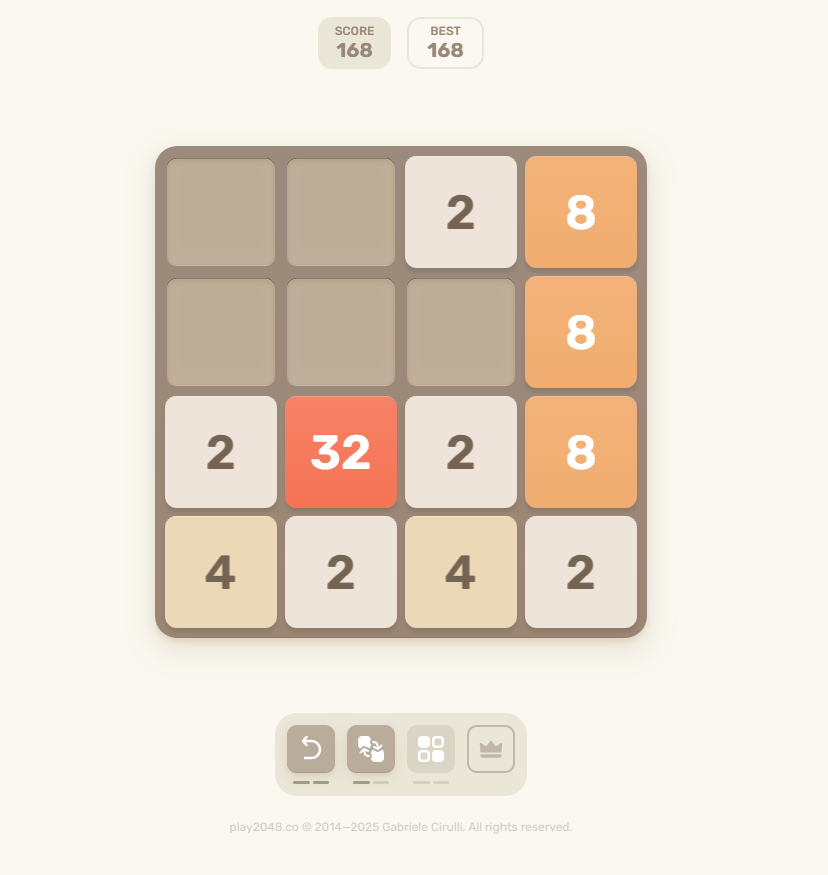
Screenshot of 2048
Fun Math Games for Adults
Adults looking to sharpen their math skills can also benefit from engaging math games. "Sudoku" is a timeless classic that challenges players to fill a 9x9 grid with numbers so that each row, column, and 3x3 section contain all digits from 1 to 9. This game is excellent for developing logical reasoning and problem-solving skills. With varying levels of difficulty, Sudoku can be enjoyed by both beginners and seasoned players.
Another great game for adults is "KenKen" which is similar to Sudoku but adds an arithmetic twist. Players must fill the grid with numbers, ensuring that the numbers in each outlined cage add up to a specific target and do not repeat within rows or columns. KenKen challenges players to use their math skills in addition to logic, making it a more complex and rewarding puzzle.
For those who prefer digital games, "Lumosity" offers a variety of brain-training games that include math challenges. One of the standout games is "Raindrops," where players must quickly solve math problems to prevent raindrops from flooding the screen. Lumosity’s games are designed to improve cognitive functions such as memory, attention, and problem-solving, providing a comprehensive mental workout for adults.
How Cool Math Games Enhance Problem-Solving Skills
Math games are not just about practicing arithmetic; they also play a significant role in enhancing problem-solving skills. These games require players to think critically and strategically to achieve their goals. For example, in puzzle games like "2048" or "Sudoku," players must plan their moves carefully and anticipate the consequences of their actions. This type of thinking is essential for solving complex problems, both in math and in real-life situations.
Moreover, math games often present problems in a visual and interactive format, which can help players understand abstract concepts more concretely. Visualizing math problems through gameplay can make it easier to grasp difficult concepts and apply them to different scenarios. This is particularly beneficial for visual learners who may struggle with traditional methods of learning math.
Math games also encourage perseverance and resilience. Players often encounter challenges and obstacles that require multiple attempts to overcome. This process of trial and error helps build a growth mindset, where players learn to view failures as opportunities for learning and improvement. By fostering a positive attitude towards challenges, math games can help players develop the resilience needed to tackle difficult problems both in and out of the classroom.
The Role of Technology in Math Learning
Technology has revolutionized the way we learn and interact with information, and math education is no exception. The advent of digital math games has made learning more accessible and engaging for students of all ages. These games leverage the power of technology to create immersive and interactive learning experiences that traditional methods cannot match.
One of the key benefits of digital math games is their ability to provide instant feedback. In a traditional classroom setting, students may have to wait for a teacher to review their work and provide corrections. However, digital games can immediately inform players whether their answers are correct or incorrect, allowing them to learn from their mistakes in real-time. This immediate feedback helps reinforce learning and ensures that students stay on the right track.
Additionally, technology allows for personalized learning experiences. Many math games use adaptive algorithms to adjust the difficulty level based on the player’s performance. This means that students receive challenges that are tailored to their individual skill levels, ensuring that they are neither bored by tasks that are too easy nor frustrated by those that are too difficult. Personalized learning helps keep students engaged and motivated, ultimately leading to better educational outcomes.
Tips for Parents: Encouraging Math Play at Home
Parents play a crucial role in their children’s education, and there are many ways they can encourage math play at home. One of the most effective strategies is to integrate math games into daily routines. For example, parents can set aside time each day for their children to play educational math games. This not only helps reinforce math skills but also establishes a positive association with learning.
Another tip is to involve the whole family in math play. Family game nights can include math-based board games such as "Monopoly" or "Yahtzee," which involve counting, probability, and strategic thinking. Playing these games together can make math a fun and collaborative activity, fostering a love for the subject in a relaxed and enjoyable environment.
Parents can also use everyday situations to teach math concepts. Cooking, for instance, involves measuring ingredients, which can be a practical way to teach fractions and ratios. Shopping trips can provide opportunities to practice addition, subtraction, and estimation. By integrating math into real-life activities, parents can help their children see the relevance and importance of math in their daily lives.

Photo of Monopoly
The Future of Math Games: Trends and Innovations
The future of math games is bright, with ongoing advancements in technology promising to make these games even more effective and engaging. One of the most exciting trends is the use of augmented reality (AR) and virtual reality (VR) in math education. These technologies can create immersive learning environments where students can interact with math concepts in a three-dimensional space. For example, AR can bring geometric shapes to life, allowing students to explore and manipulate them from different angles.
Artificial intelligence (AI) is also set to play a significant role in the development of future math games. AI can analyze a player’s performance and provide personalized feedback and recommendations. It can also identify areas where the player may be struggling and offer targeted practice to address those weaknesses. This level of customization ensures that each student receives a tailored learning experience that maximizes their potential.
Another promising innovation is the integration of gamification elements into traditional math curriculums. Gamification involves using game design principles, such as points, badges, and leaderboards, to motivate and engage students. By incorporating these elements into classroom activities, educators can create a more interactive and enjoyable learning experience. The future of math games is not just about making learning fun; it’s about creating a more effective and personalized education system.
10 Cool Math Games Online
Conclusion: Making Math Fun for Everyone
Math doesn’t have to be a subject of dread and frustration. With the right approach, learning math can be an enjoyable and enriching experience for people of all ages. Cool math games offer a unique blend of fun and education, turning math problems into exciting challenges that stimulate the mind and foster a love for learning. Whether you’re a parent, student, or adult looking to improve your math skills, there’s a game out there that can make math fun and accessible.
By incorporating math games into education, we can create a more dynamic and engaging learning environment. These games not only help students understand mathematical concepts but also develop essential life skills such as problem-solving, critical thinking, and resilience. The integration of technology further enhances the learning experience, providing personalized and interactive opportunities that traditional methods cannot match.
As we look to the future, the continued innovation in math games promises even more exciting possibilities. From AR and VR to AI and gamification, the potential for making math education more effective and enjoyable is limitless. So, embrace the world of cool math games and discover how much fun learning math can be. Unlock the secrets of mathematics through play, and watch as your skills and confidence grow. Math is not just a subject; it’s an adventure waiting to be explored!


